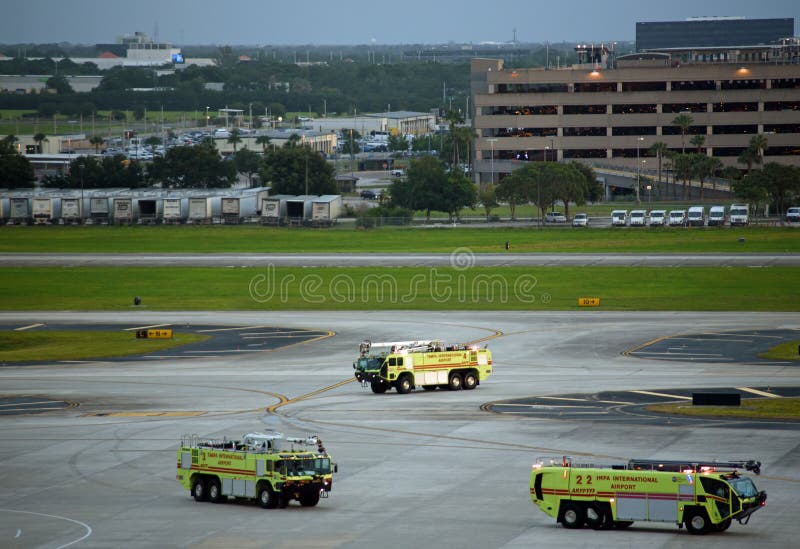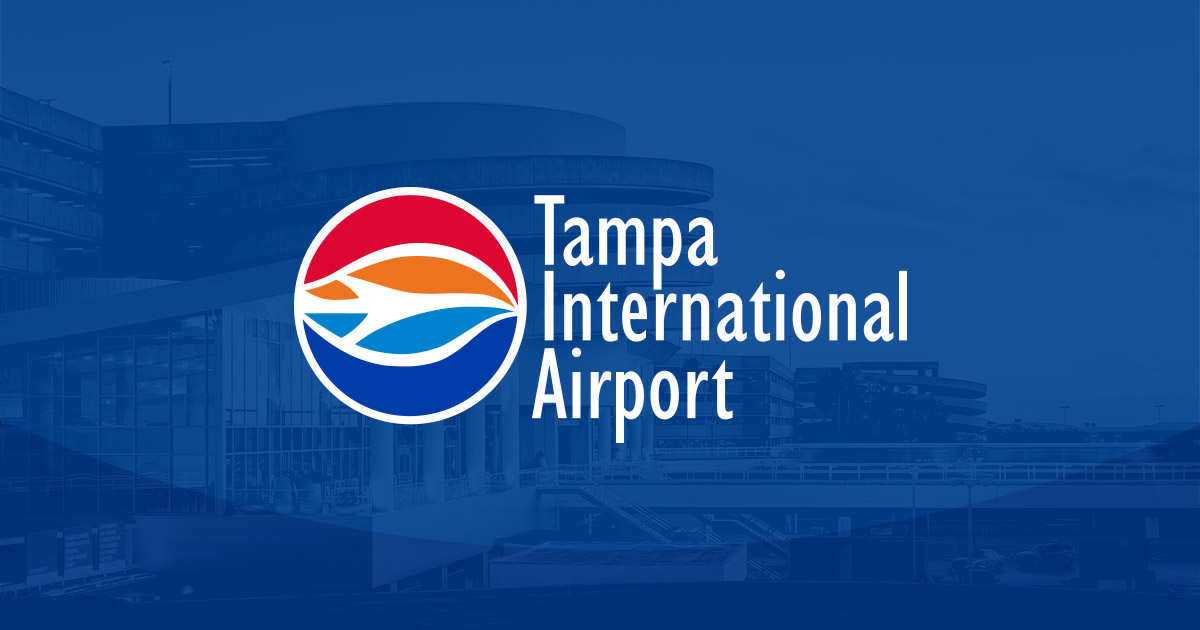Trash fires have become a growing concern worldwide, and the recent incident near Tampa Airport has drawn significant attention from both locals and international observers. The situation underscores the importance of addressing waste management challenges effectively to prevent such occurrences. This article delves into the details of the trash fire near Tampa Airport, its causes, effects, and potential solutions, ensuring you have all the necessary information to understand this critical issue.
The rise in trash fires, particularly in urban areas, highlights the urgent need for better waste disposal practices. The incident near Tampa Airport serves as a stark reminder of the consequences of improper waste management. As we explore the topic further, we aim to provide actionable insights for mitigating such events in the future.
In this comprehensive guide, we will cover the background of the trash fire near Tampa Airport, its environmental and health implications, and the steps being taken to address the problem. By understanding the root causes and potential solutions, we can work toward a cleaner and safer environment for everyone.
Read also:Bellick
Table of Contents
- Introduction to Trash Fire Near Tampa Airport
- Background of the Incident
- Causes of Trash Fires
- Environmental and Health Effects
- Potential Solutions and Preventive Measures
- Impact on Local Communities
- Statistics and Data Analysis
- Regulations and Policies
- Challenges in Waste Management
- Future Prospects and Innovations
- Conclusion
Introduction to Trash Fire Near Tampa Airport
The trash fire near Tampa Airport has garnered widespread attention due to its proximity to a major transportation hub and its potential to disrupt air travel. The incident serves as a wake-up call for the need to improve waste management practices in urban areas.
Why Trash Fires Are Dangerous
Trash fires pose significant risks to both the environment and public health. They release harmful pollutants into the air, contributing to respiratory issues and environmental degradation. Understanding the causes and effects of these fires is crucial for developing effective solutions.
Background of the Incident
The trash fire near Tampa Airport occurred on [insert date], sparking concern among local authorities and residents. The fire broke out in a landfill site located close to the airport, leading to increased air pollution and visibility issues for pilots.
Details of the Incident
The fire was caused by spontaneous combustion, a common issue in poorly managed landfills. The situation was exacerbated by high temperatures and dry conditions, which accelerated the spread of the fire. Emergency services were quickly deployed to contain the blaze, but not before it had caused significant damage.
Causes of Trash Fires
Trash fires can result from a variety of factors, including improper waste disposal, chemical reactions, and human negligence. Understanding these causes is essential for preventing future incidents.
Common Causes
- Spontaneous combustion due to heat buildup in landfills
- Improper disposal of flammable materials
- Arson or intentional fires
- Natural causes such as lightning strikes
Environmental and Health Effects
The environmental and health effects of trash fires are far-reaching and can have long-lasting impacts on both ecosystems and human populations.
Read also:Sza Next To Ferrari
Impact on Air Quality
Trash fires release toxic gases such as carbon monoxide, dioxins, and volatile organic compounds (VOCs) into the atmosphere, contributing to poor air quality. This can lead to respiratory problems, particularly for vulnerable populations such as children and the elderly.
Potential Solutions and Preventive Measures
Addressing the issue of trash fires requires a multi-faceted approach that includes improved waste management practices, increased public awareness, and stricter regulations.
Preventive Strategies
- Implementing advanced waste management technologies
- Encouraging recycling and proper disposal of hazardous materials
- Increasing public education on waste reduction
- Strengthening enforcement of waste management laws
Impact on Local Communities
The trash fire near Tampa Airport has had a profound impact on the local community, affecting both residents and businesses in the area. The disruption to air travel and increased pollution levels have raised concerns about the long-term effects on public health and the economy.
Community Response
Local residents and businesses have responded by advocating for better waste management practices and increased transparency from authorities. Community-led initiatives have emerged to promote sustainable living and reduce waste.
Statistics and Data Analysis
Data from the Environmental Protection Agency (EPA) indicates that landfills are a significant source of greenhouse gas emissions, with methane being a major contributor. The recent trash fire near Tampa Airport highlights the urgent need to address this issue on a larger scale.
Key Statistics
- Landfills account for approximately 16% of global methane emissions
- Trash fires contribute to 5-10% of global air pollution
- Improper waste disposal affects over 3 billion people worldwide
Regulations and Policies
Governments around the world are implementing stricter regulations to combat the issue of trash fires. These policies aim to improve waste management practices and reduce the environmental impact of landfills.
Key Policies
- Implementation of landfill gas collection systems
- Enforcement of waste segregation and recycling mandates
- Increased funding for research and development of sustainable waste management solutions
Challenges in Waste Management
Despite efforts to improve waste management practices, several challenges remain, including limited resources, lack of public awareness, and resistance to change from stakeholders.
Overcoming Challenges
Addressing these challenges requires collaboration between governments, businesses, and communities. By fostering partnerships and promoting innovation, we can work toward a more sustainable future.
Future Prospects and Innovations
The future of waste management lies in adopting innovative technologies and practices that prioritize sustainability and environmental protection. From advanced recycling systems to waste-to-energy solutions, the possibilities for improving waste management are vast.
Innovative Solutions
- Development of biodegradable materials
- Implementation of smart waste management systems
- Investment in renewable energy technologies
Conclusion
The trash fire near Tampa Airport serves as a critical reminder of the importance of effective waste management practices. By understanding the causes and effects of trash fires and implementing preventive measures, we can work toward a cleaner and safer environment for future generations.
We invite you to share your thoughts and experiences in the comments section below. Additionally, feel free to explore other articles on our site for more insights into environmental issues and sustainable living. Together, we can make a difference in creating a better world for all.


